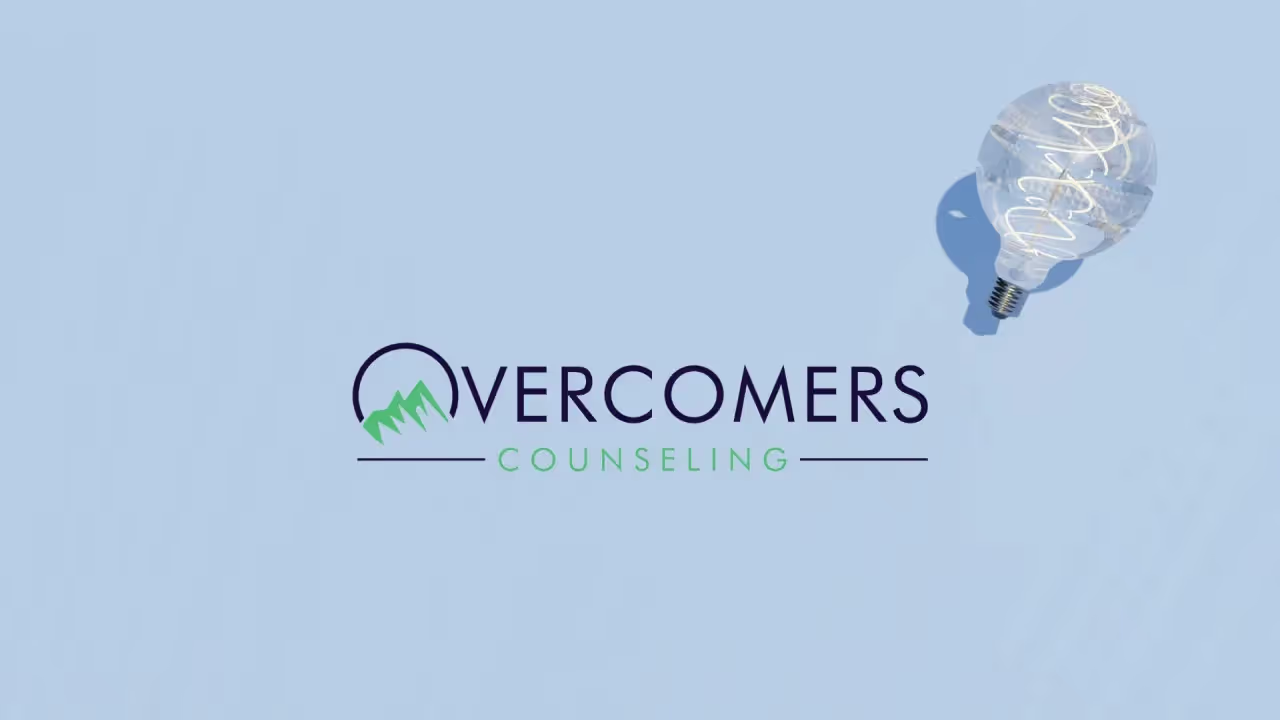In the world of dating and relationships, few experiences can be as emotionally taxing as being involved with someone diagnosed with Borderline Personality...

In the world of dating and relationships, few experiences can be as emotionally taxing as being involved with someone diagnosed with Borderline Personality Disorder (BPD).
The rollercoaster ride of intense emotions, unpredictability, and frequent bouts of self-doubt can leave scars that linger, often evolving into trauma that goes unrecognized and unaddressed.
If you've sailed these tumultuous waters, this article aims to shine a light on your experience, helping you identify the signs of such trauma and guiding you towards paths of healing and recovery.
It's time to acknowledge your journey, understand its impact, and take the first steps toward recovery.
Identifying trauma from dating someone with Borderline Personality Disorder (BPD) can be challenging, as it often intertwines with the emotional upheaval inherent in the relationship itself.
However, some signs can indicate the presence of trauma.
Firstly, you may experience persistent feelings of anxiety and depression. These emotions could manifest as intrusive thoughts, flashbacks related to the relationship, or a pervasive sense of unease.
The emotional intensity of a relationship with a person with BPD can leave a lasting imprint, leading to these chronic mental health issues. It's important to recognize this connection and not dismiss these feelings as mere 'relationship fallout'.
Secondly, you might find yourself grappling with trust issues and self-doubt. The tumultuous nature of relationships with BPD individuals often leads to confusion and uncertainty.
Over time, this can erode your confidence and make it difficult to trust others, even in new and healthier relationships.
Flashbacks and intrusive thoughts can disrupt daily life, forcing you to relive distressing experiences from the past.
Trust issues, especially in new relationships, could indicate that the trauma from the previous BPD relationship is unresolved.
The long-term effects of dating someone with Borderline Personality Disorder (BPD) can be profound and far-reaching, leaving emotional imprints that extend beyond the duration of the relationship itself.
One of the most severe consequences is the potential development of Post-Traumatic Stress Disorder (PTSD), a debilitating condition characterized by recurring flashbacks, nightmares, and severe anxiety disorders.
Chronic relationship stress, frequent conflicts, and a pervasive fear of abandonment are other common experiences reported by individuals who have been in a relationship with a person with BPD.
These experiences, often coupled with the BPD individual's intense emotions and mood swings, can lead to significant emotional distress and instability long after the relationship has ended.

Harnessing the power of positive affirmations can be a transformative tool for healing, and fostering self-love, resilience, and recovery.
These empowering statements, when repeated daily, can reprogram our subconscious mind, replacing negative thought patterns with positive ones.
Here are some powerful affirmations to guide your journey:
Ignoring trauma is akin to leaving a deep wound untreated - it may not be immediately visible, but the pain persists and the damage continues to fester.
Neglected trauma can lead to chronic mental health conditions like anxiety, depression, and post-traumatic stress disorder, creating a constant state of emotional turmoil.
It can strain relationships, as unresolved trauma can manifest in trust issues, emotional withdrawal, or difficulty with intimacy.
Moreover, it can significantly diminish the quality of life, casting a dark shadow over one's sense of safety, self-esteem, and overall happiness.
The potential consequences of unaddressed trauma are far-reaching, underscoring the importance of seeking help.
How Overcomers Counseling Can Assist
When the weight of trauma feels insurmountable, professional counseling services like Overcomers Counseling can be a beacon of hope.
They stand as a pillar of support, providing a safe harbor where you can unravel your experiences and navigate the path to healing.
Their dedicated team of trained professionals harnesses a wide range of therapeutic techniques tailored to your unique needs, helping you process and overcome trauma.
Through their empathetic approach, they not only equip you with the necessary tools to face your past but also empower you to sculpt a future filled with resilience and recovery.
With Overcomers Counseling, you're not just confronting trauma, you're reclaiming your life.
The aftermath of dating someone with Borderline Personality Disorder (BPD) can feel like uncharted territory, filled with lingering emotions and unanswered questions.
It's crucial to remember that any trauma you may be feeling is valid and deserves attention.
Recognizing the signs is your first beacon of light in the fog of confusion. By seeking professional help and utilizing available resources, you can embark on a journey toward healing and reclaiming control over your emotional health.
You are more resilient than you know, and with time and support, you can turn this experience into a stepping stone towards stronger, healthier relationships in the future.
The effects of childhood trauma can include anxiety, depression, addiction, and difficulty in relationships.
Yes, trauma therapists can indeed help with childhood trauma. Therapies like play therapy can be particularly effective for children, providing a supportive environment where they can express their feelings and cope with traumatic experiences.
Yes, taking breaks from therapy can sometimes be necessary for self-care and personal growth. Discuss your needs with your therapist to determine the best approach for your healing journey, ensuring that self-care remains a priority throughout the process.
Yes, Medicaid covers trauma-informed therapy services. This approach is designed to acknowledge and understand the pervasive nature of trauma to facilitate healing.
If you're experiencing symptoms such as recurring nightmares, flashbacks, heightened reactions, or feeling emotionally numb following a traumatic event, it could be beneficial to seek trauma counseling. Other signs include changes in behavior, difficulty sleeping, and persistent feelings of sadness or fear. There are a number of trauma and ptsd symptoms to look out for.
Trauma-informed therapy empowers clients by building a safe and trusting therapeutic relationship, promoting self-awareness and emotional regulation, and supporting clients in reclaiming their power and agency.